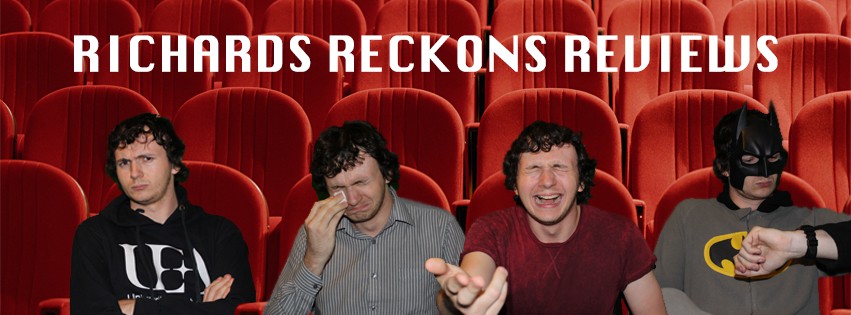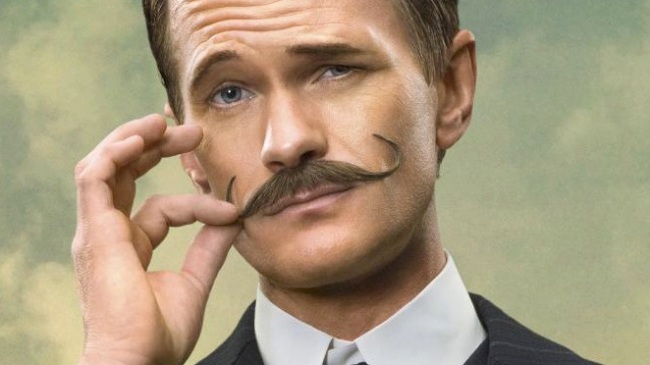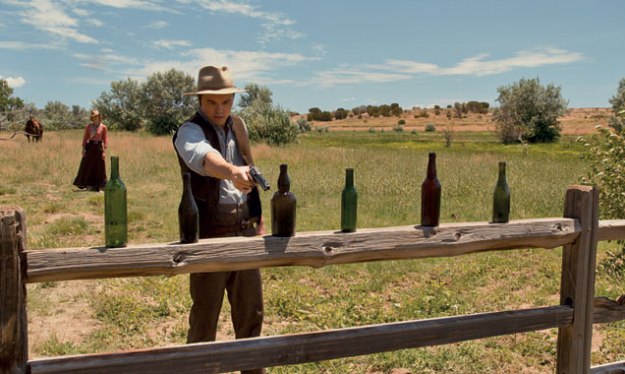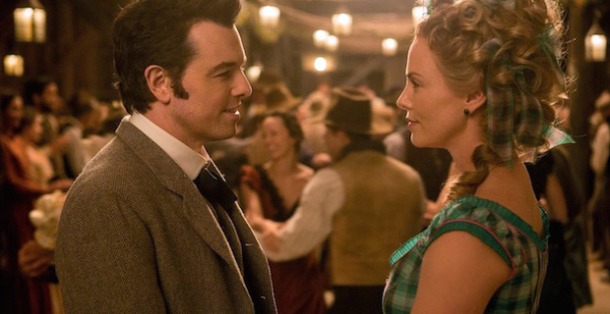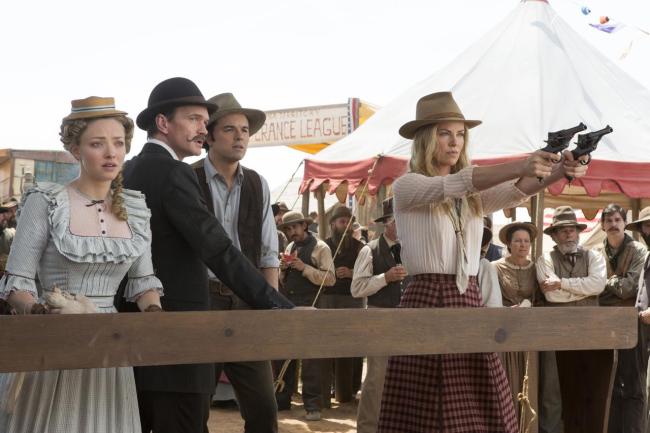Sheeeeeeee may be the face I can’ttt forgettttt…

So the trailer song for Gone Girl goes, that is. But will the face of the Gone Girl really be the face you can’t forget? I know you’re tense and want to get to the review, I can feel it, so I’ll get going with it;

Gone Girl is a film rather than an actual girl, and wouldn’t you know it, films have plots, so the plot of Gone Girl is this; Amy (Rosamund Pike, the girl who is gone) and Nick Dunne (Batfleck, I mean Ben Affleck) have been married for 5 years after meeting at a cool party in the big NYC. On the morning of their fifth anniversary, Nick goes to visit his twin sister Margo (Carrie Coon) at the bar that they own, and comes back to find a smashed table and no wife. A media frenzy is whipped up as her author parents (who based a character on her in her childhood) set up the hunt for Amazing Amy, helped by local police including the stern Detective Boney (Kim Dickens). But fingers start to get pointed in all sorts of directions as the hunt for Amy begins to get more and more twisted and frenetic, including towards Nick himself…

Gone Girl is brought to the screen by director David Fincher (famous for his dark adaptations to screen and his gloomy colour pallette) and the author of the fiercely popular novel on which it is based, scriptwriter Gillian Flynn (who is not famous for her dark adaptations to screen or her gloomy colour pallette). The fact that the novel is being transported to the screen via the same author as the same material means that all the important character moments and chunks and pieces that define said characters are kept in there intact. That, combined with going through the dark prism that is the direction of David Fincher, means that Gone Girl is a dark, demented and intricate ride through the worst marriage you could probably imagine, with the main antagonist in fact probably being the media, which overhypes and magnifies every single instance of the case like carnivorous fleas feasting on every little details (not that fleas tend to magnify, but hey, it’s an analogy I like).

The performances too are a key ingredient to this film’s immense success. For reasons that I can’t go into due to wanting to stay away from a potential spoiler safari, this is very much Rosamund Pike’s show. Her performance is hair-blown-back-ifyingly good with all the range she has to capture; she is electrifying in this role, making it truly her own to the point that it’s hard to imagine anybody else doing it. Ben Affleck too captures Nick Dunne incredibly well – a sympathetic guy who balances the line constantly between truthful protagonist and potential suspect. There isn’t a dull moment in terms of performance here; Neil Patrick Harris plays his role with aloofness with a little edge; Carrie Coons is brilliant as Nick’s ‘voice of reason’; and Tyler Perry provides a charm-offensive turn as the amazingly named lawyer Tanner Bolt. They deliver the sparky, quick-paced dialogue of the Fincherverse (see: The Social Network) very well, making it feel authentic as well as charismatic.

The runtime may put people off and think “BLIMEY, that’s a lot of minutes, my poor bottom!”, but know this; every single minute of it is justified and utilised to provide revelation after revelation and set up after set up. Every moment is used to ensure the cracks in the relationships are noticed and seep into the audience, keeping you constantly guessing just what the ruddy heck is going on; but in a good, compelling way rather than a “wait… what?” way. The score by the always amazing Trent Reznor and Atticus Ross is also brilliantly used to make everything eerie and always feel uneasy and unravelling; the dark synths droning underneath all the scenes like a constant presence of dread.

This is the kind of film that will definitely warrant a waffle afterwards as it will stay with you for so long. It’s a morally horrific rollercoaster ride of a mystery thriller, stopping off at intrigue and a surprising amount of laughs along the way (a Tanner Bolt line towards the end summarises what the audience is thinking in a beautiful way). The stars are on top, top form and, indeed, she WILL be the face you can’t forget. If you can take dark, go and see this literally right now. NOW! GO! Get GONE, GIRL! (hehe, sorry, that only works if you’re a lady but still, GO SEE IT!)
